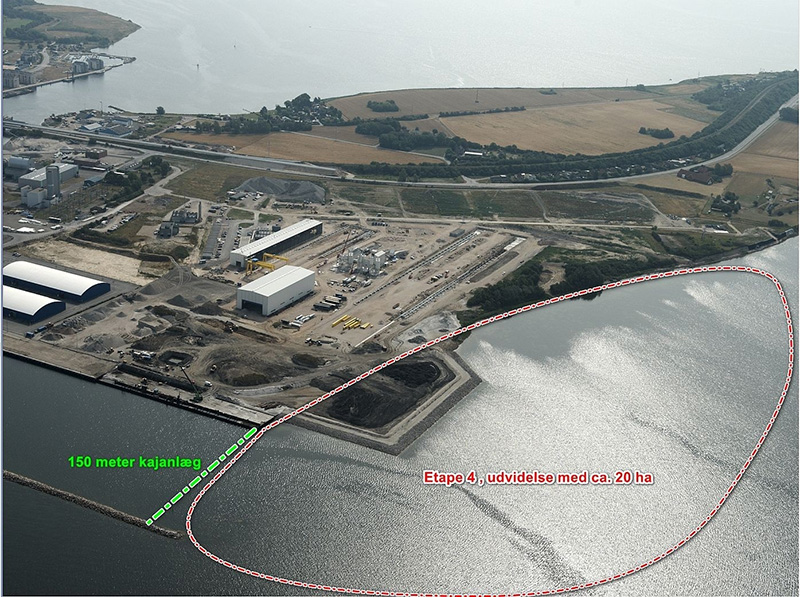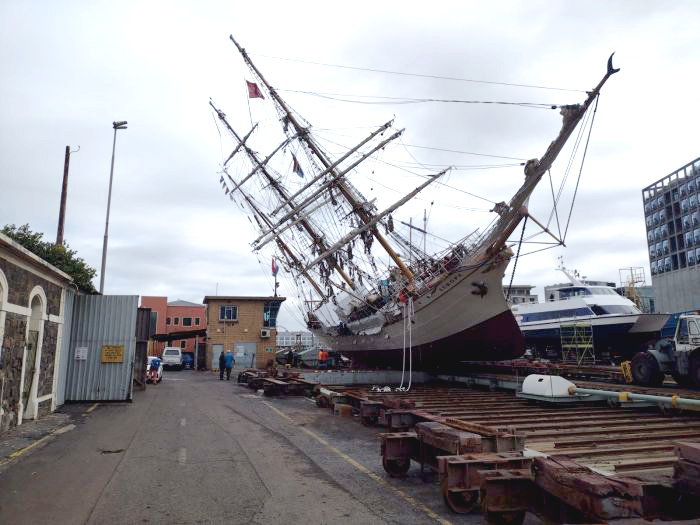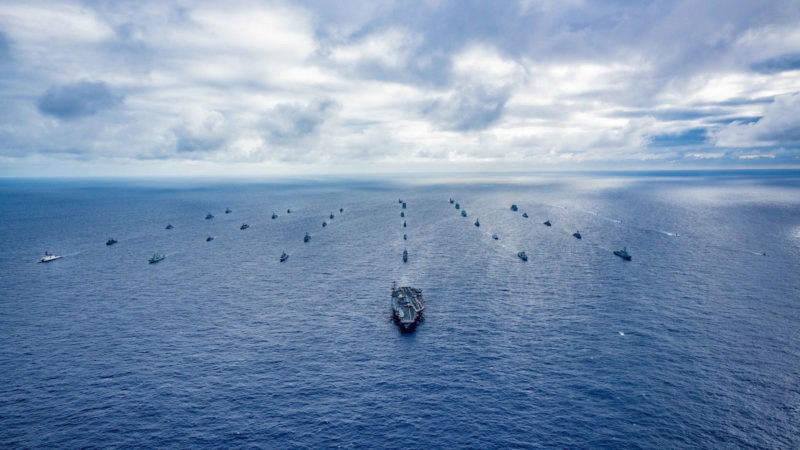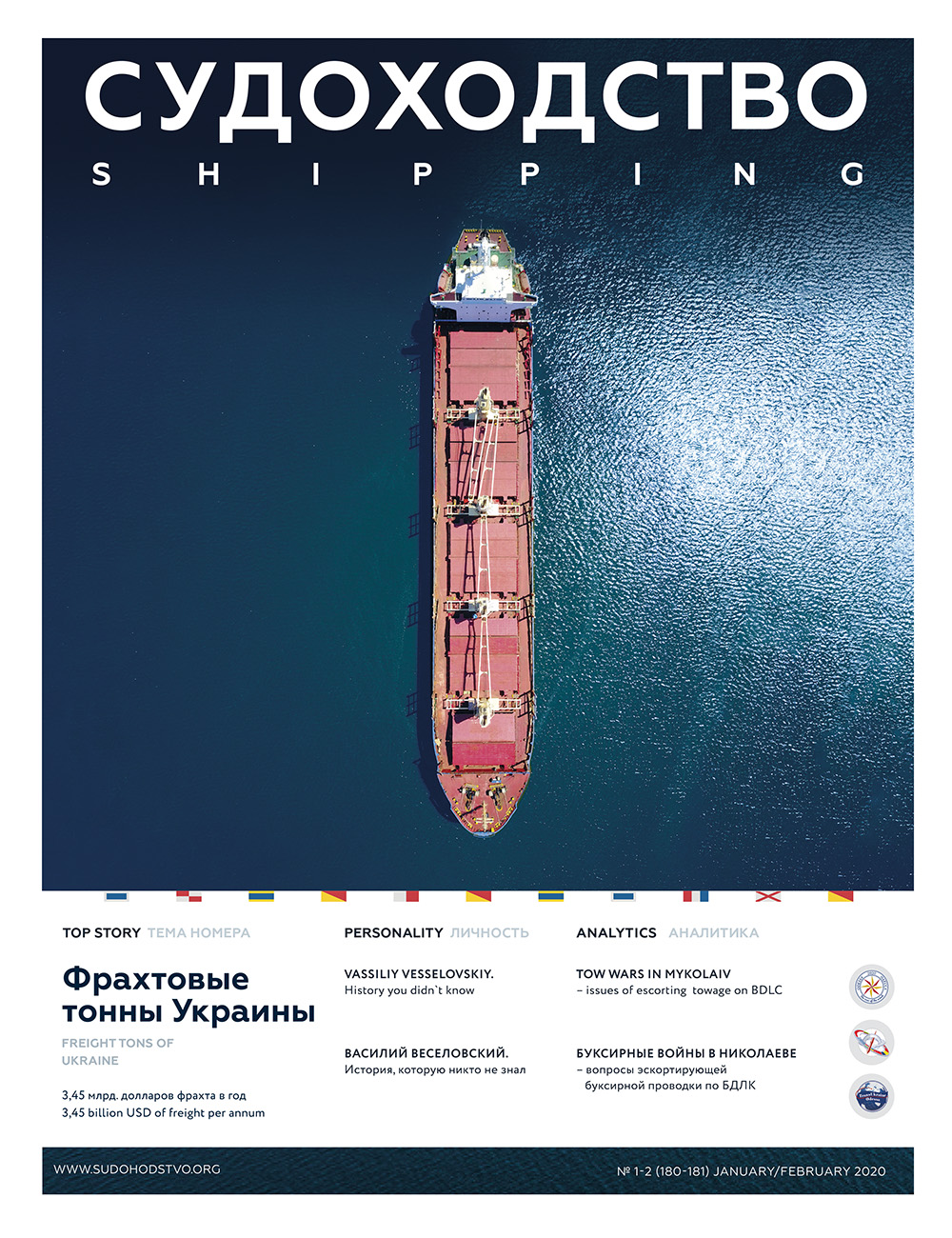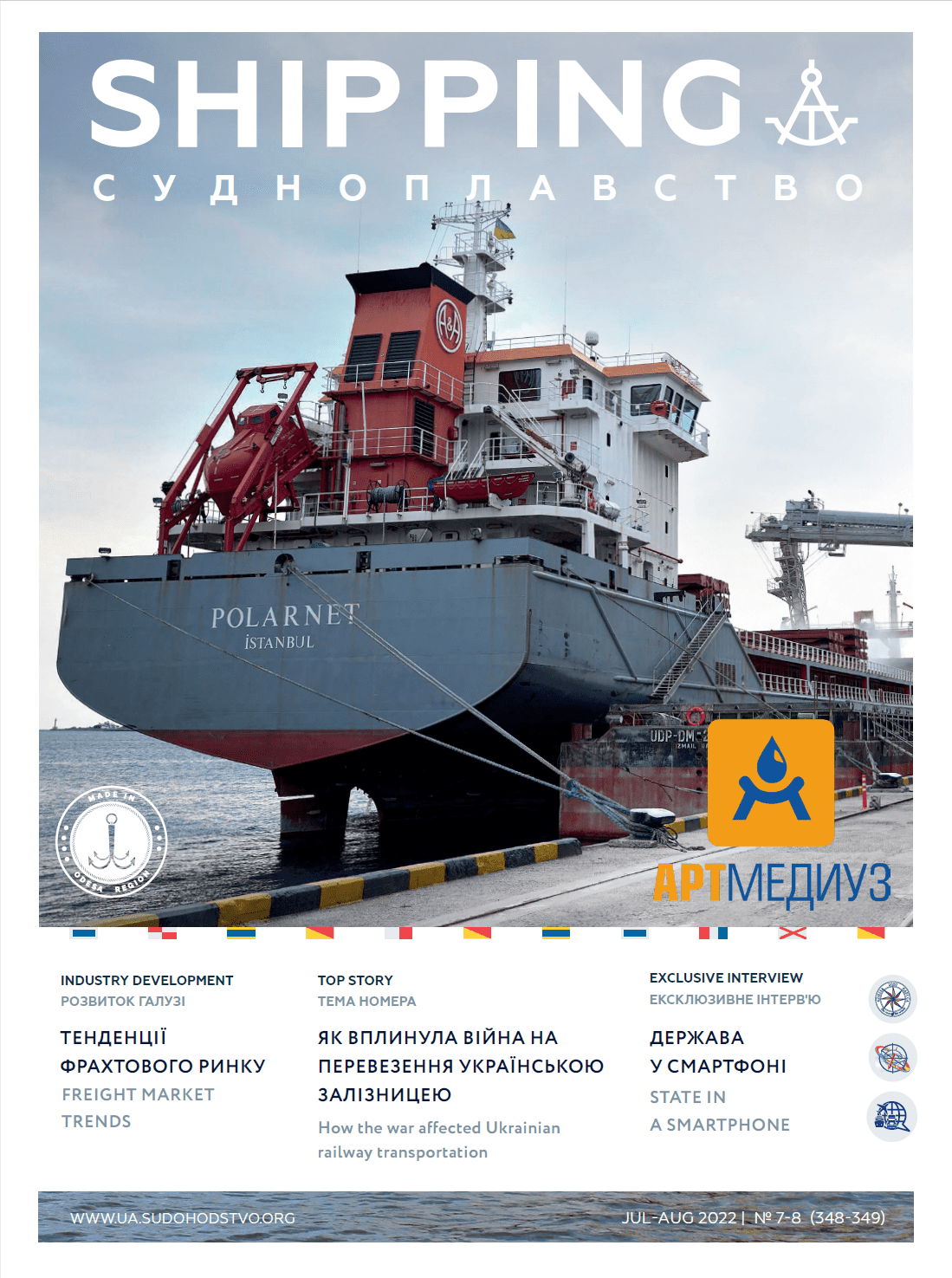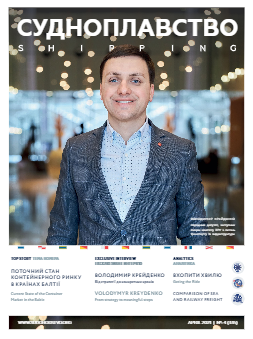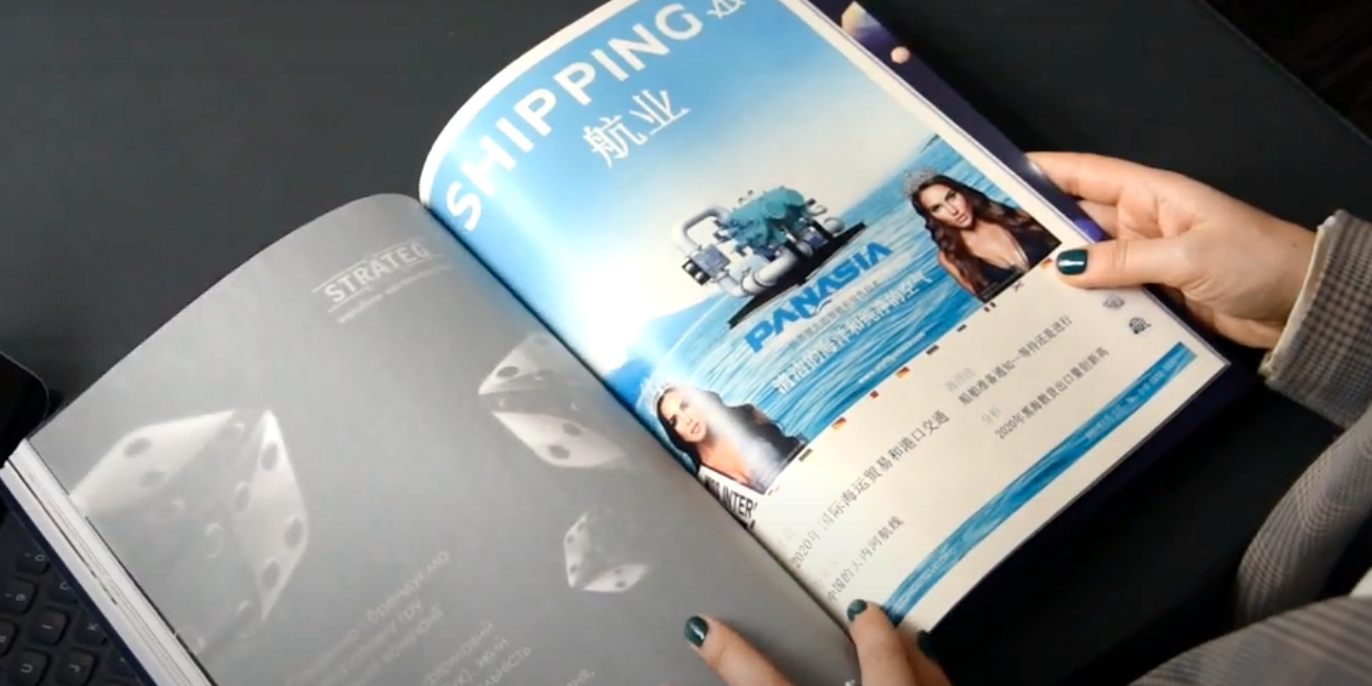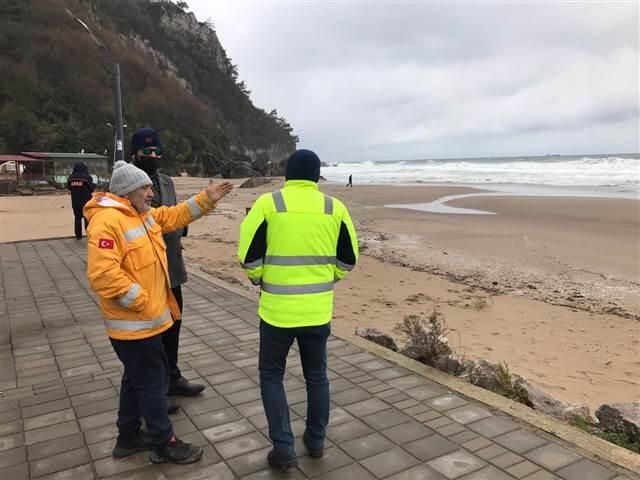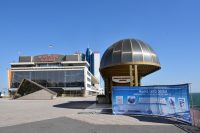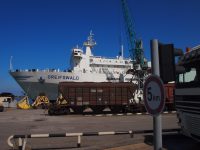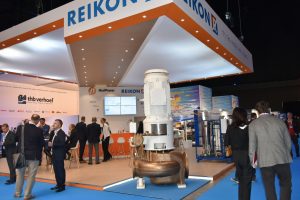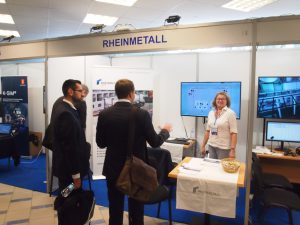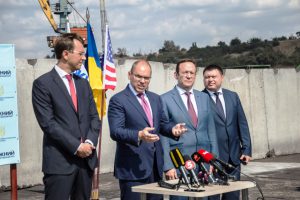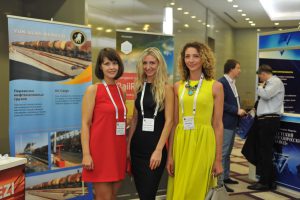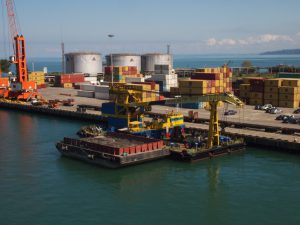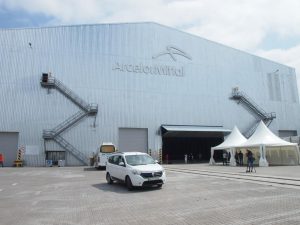A group of shipping companies including NYK, Sovcomflot, Knutsen OAS and Ardmore, ship builders, including DSME, and the mining company Vale, have teamed up with Denmark based Maritime Development Center to develop an onboard carbon capture and storage solution in a project named decarbonICE.
The group says onboard carbon capture with subsequent storage at appropriate sites may be part of an eventual solution for meeting the IMO’s 2050 target of a 50 percent CO2 emissions reduction compared to the 2008 level. In this context, the use of fossil fuels may become carbon free.
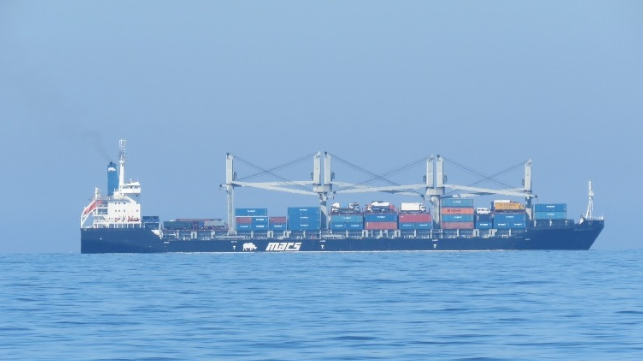
DecarbonICE envisages that the CO2 and other GHGs in ships’ exhaust are captured on board in a cryogenic process and turned into dry ice. Proven offshore technology is then applied during normal ship operations to transport the dry ice into the seafloor sediments. Here the CO2 would be safely and permanently stored as liquid CO2 and CO2 hydrate.
The decarbonICE concept is intended for newbuildings and retrofitting. In combination with future carbon neutral fuels like biofuels, the technology could create carbon negative shipping and thus contribute to atmospheric carbon reduction at a significantly lower cost than shore-based carbon capture.
The project started on October 1, 2019 and will run through 2020. The aim is to prepare a feasibility study and to initiate the IMO approval process for the technology.
“While we support a final goal of availability of zero carbon or carbon neutral fuels, we believe that a bridging carbon free solution is needed, which can utilize existing assets in terms of ships, propulsion systems and fuels. The decarbonICE project is intended to offer exactly that, and at a predicted low energy penalty well below 10 percent,” says the Chairman of the decarbonICE project, former DNV GL President and CEO Henrik O. Madsen.
“The maritime industry seems to be overlooking that onboard carbon capture with subsequent storage at appropriate sites may also qualify as a carbon free solution. At DSME we are following several Korean research groups studying the behavior of CO2 injected into seabed sediments. The success of the decarbonICE project will also depend on how the required power can be minimized for the cryogenic cooling process,” says Odin Kwon, CTO of DSME.
BY THE MARITIME EXECUTIVE 2019-11-30 17:41:21

